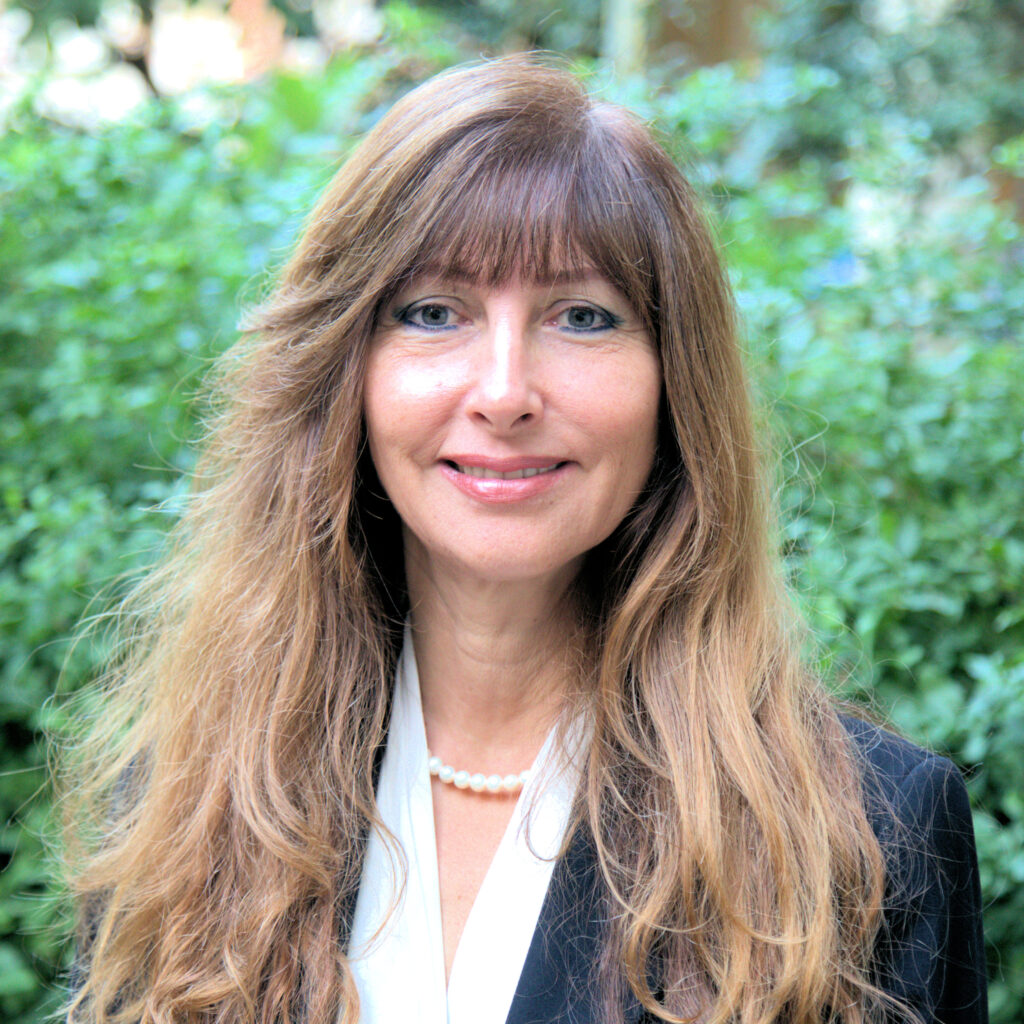Earlier this week, we shared what some members of our global team are most proud of about the work they do every day to help protect and promote the rights of women and girls.
As we mark our 30th anniversary today, we reflect on three decades of hard work and hard-won reforms. But we also find ourselves thinking ahead about how this progress, and an ever-changing world, will shape the future we want for all women and girls.

Antonia Kirkland, Global Lead, Legal Equality and Access To Justice
I hope that every single country achieves complete legal equality (only 12 have so far!) and that every single country incorporates sex equality into their constitution, joining the 85% of UN member states that have already done so.
I hope that the United States will finally have the Equal Rights Amendment recognized as the 28th amendment to the Constitution. This will mean a huge shift, not only in the Constitution itself and other laws but in what every single child in school is taught about the fundamental law of the land — that all people are truly equal, including on the basis of sex/gender.
Asenath Mwithigah, Global Lead, End Harmful Practices
My hope is to continue leveraging our niche of legal equality to ensure that governments not only ratify international and regional instruments but also enact national policies which they implement with the aim of promoting and protecting women and girls’ rights. I further envision the adoption of a multi-sectoral approach for collaborative efforts and strengthening coalitions and networks to build movements that will lead to transformative change.


Dima Dabbous, Middle East and North Africa Regional Representative
I am looking forward to a greater role for Equality Now as a convener in the region, capable of bringing together a diversity of organizations working on family law reform and being a catalyst in movement building and solidarity among women activists and organizations. Only then can the last frontier be won – making intractable family laws gender equal.
Edith Kalela, Institutional Giving Associate, Africa
Many challenges still remain, including discriminatory laws, physical and sexual violence, early marriages, etc. The COVID 19 pandemic also exacerbated existing inequalities for women and girls. However, I am very hopeful that, through the work that Equality Now and other women’s rights organizations are doing, we can break these barriers.
I am hopeful that in the next coming years, there will be increased funding for women ‘s rights work so that we can do much more. And I hope that one day women and girls can be free from early marriages, FGM, sexual violence, and, most importantly, discriminatory laws.


Katherine Payne, Digital Lead
I look forward to a gender-equal world. A world where laws do not discriminate on the basis of sex and/or gender. A world where women and girls are listened to and believed. A world where we’ve ended male violence.
Tamar Dekanosidze, Eurasia Regional Representative
In Eurasia, the past and ongoing major wars, instability, and growing authoritarianism make it evident that human rights work is and will continue to be of vital importance. I’d like to see the governments in the region actually living up to their human rights commitments.
I’d like to see growing women’s rights movements and a transformation of the social and cultural norms that justify violence against women. I’d like to see the eradication of root causes of violence, empowerment of survivors, and an end to the impunity of perpetrators.
I’d like to see holistic and consolidated action from authorities and civil society actors to end violence and discrimination against women and girls and promote substantive and transformative change for all human beings.


Tsitsi Matekaire, Global Lead, End Sexual Exploitation
I hope that governments will work to make the digital environment safe for women and girls.
People in most parts of the world now have access to cell phones and the internet, creating a level of connectivity that we have never before experienced. But this rapid expansion also profoundly disrupts our global society, with rights and freedoms infringed, existing discriminations and biases amplified, and online violence and crime perpetrated globally, with women and girls disproportionately affected.
I hope that governments will come together and work collaboratively and adopt international laws and standards fit for the digital age that address the challenges brought on by digital and technological advances.
